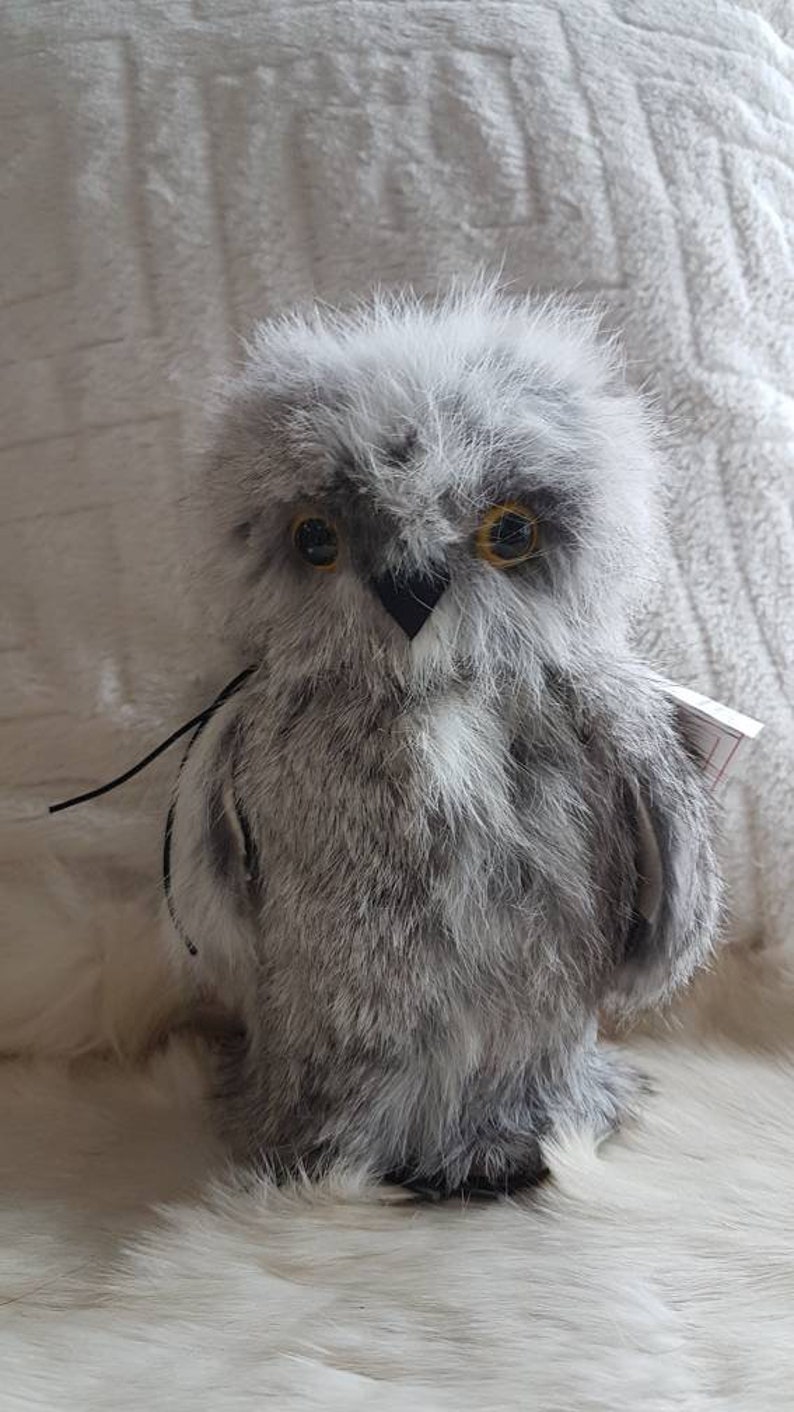


When dealing with a conflict, this individual tends to accommodate to the concerns of the other person or ‘your way’ approach, sacrificing his or her own concerns in the process. The approach used in this style is cooperative, but unassertive. There is no action to resolve the conflict.Īccommodating style is a complete opposite of competing.

This approach is similar to a turtle hides in its shell when danger strikes, otherwise known as ‘no way’ approach. Instead of dealing with a conflict, this individual avoids it as much as possible and silently withdraws. The downside of this approach is losing a good relationship with the other party.Īvoiding style is unassertive and uncooperative. In other words, this individual uses ‘my way or the highway’ tendency. The approach is a ‘win-lose’ approach’, so this person must win at all cost without considering the concerns of the other person. When dealing with a conflict, a person who uses this style is highly assertive and uncooperative. To make an analogy with an animal behavior, the way a competing style works is similar to how a shark attacks a prey. Kilmann, there are five strategies to manage conflict: On the other hand, when managed properly, conflicts can be constructive for improving interpersonal relationships between all parties involved.Īccording to Kenneth W. It can also transform into negative emotions, such as stress, anger, resentment, and indifference, and deteriorate your relationship with the person with whom you have an unresolved conflict. When you keep ignoring conflicts, they can grow bigger over time. Depending on how you manage conflicts, it can bring negative consequences or positive outcomes for you. Whether you like it or not, conflict is inevitable. The sources of conflicts could be lack of information, lack of useful feedback, lack of time supervising, excessive control by a supervisor, lack of openness and honesty, and discrimination ( Adrian-Taylor et al., 2007). In graduate school, conflicts commonly occur between a graduate student and a supervisor. In fact, it can also happen when an individual fails to meet needs and expectations of another individual. However, a conflict can be more than a disagreement between two or more individuals. Skills in managing conflict help you to address your personal needs without burning any bridges with people whom you have to work with for a long time both during and after graduate school.īy its definition, a conflict is ‘to fail to be in agreement’. After all, a good relationship with a supervisor serves a crucial role in the successful career path of a graduate student. In this matter, as a graduate student, you might choose to sacrifice your personal needs and obey the supervisor’s demands instead. It creates a tension between them, especially if the graduate student has finished all of the required experiments and has received an offer of a new job. It could start when an advisor demands her graduate student perform more experiments, instead of supporting her efforts to graduate. However, it could also be a tricky one, involving a graduate student and a Ph.D.

Conflict is a normal part of any relationships and it can happen naturally between people who work together.Ī conflict could be easy to resolve, for example a disagreement occurring between two students about cleaning up the clutter in the shared area of the lab. However, as time goes by, you find out that conflicts are unavoidable. In addition, by establishing this skill, you create a framework for dealing with future conflict that may come your way.Īs a graduate student, you try as much as possible to avoid any conflicts with a fellow student, a lab manager, and most importantly, your advisor. Mastering this skill is definitely useful to help you develop competency in interpersonal and communication skills. Managing conflict is an important skill you can learn in graduate school before entering the workforce.


 0 kommentar(er)
0 kommentar(er)
